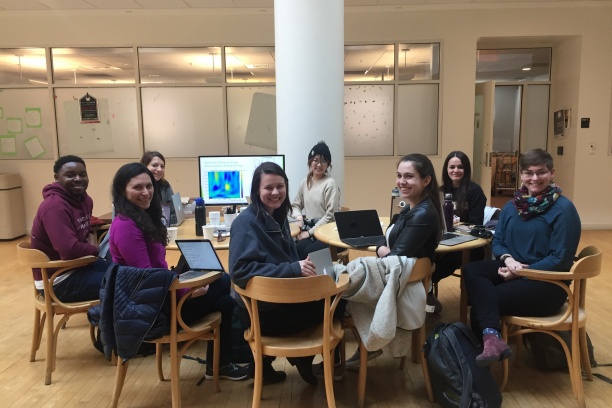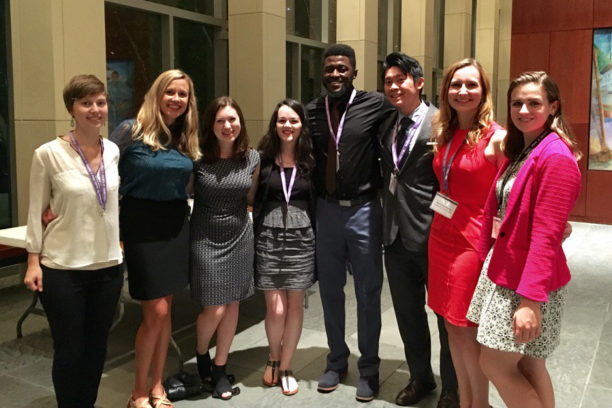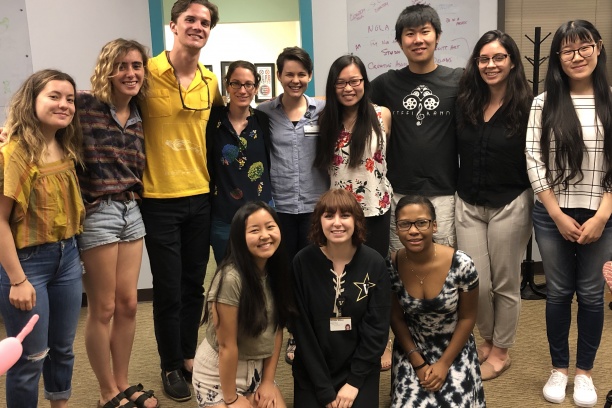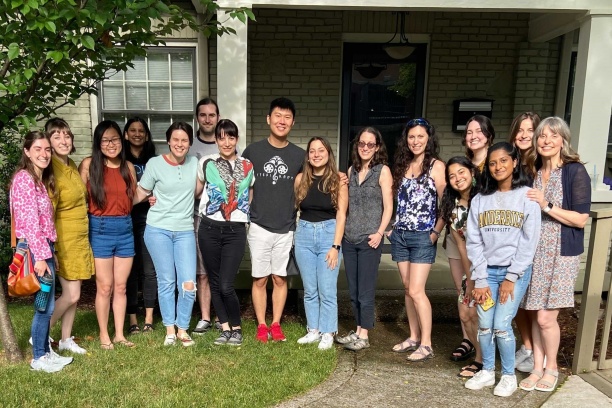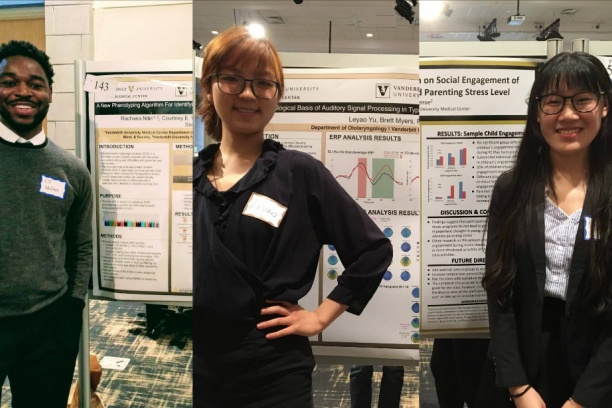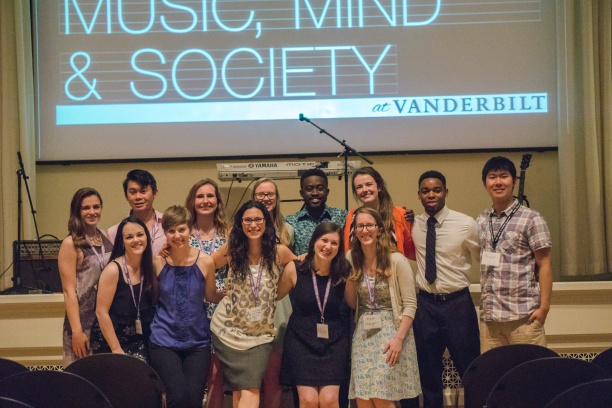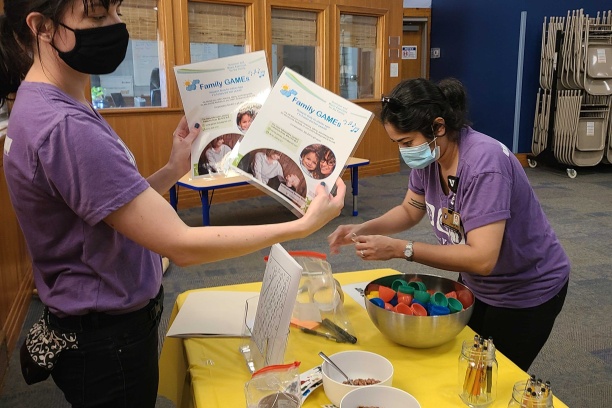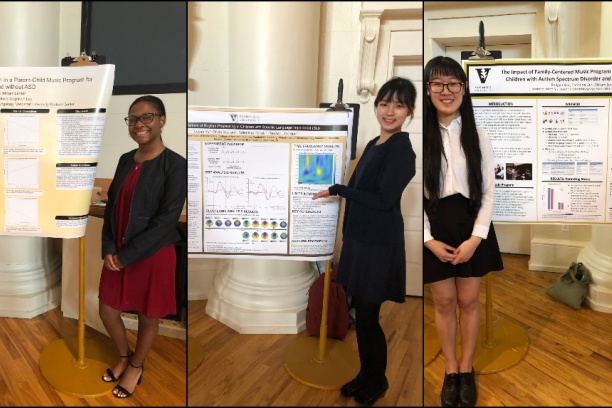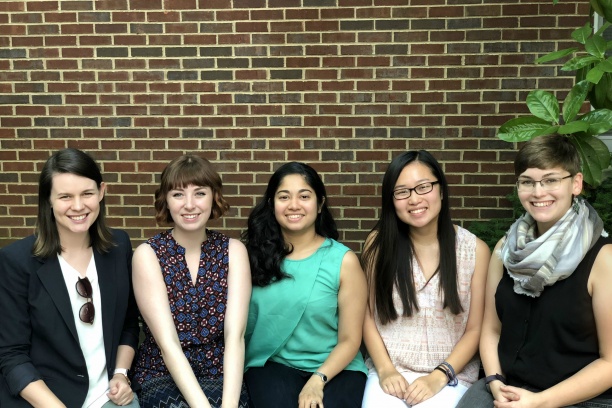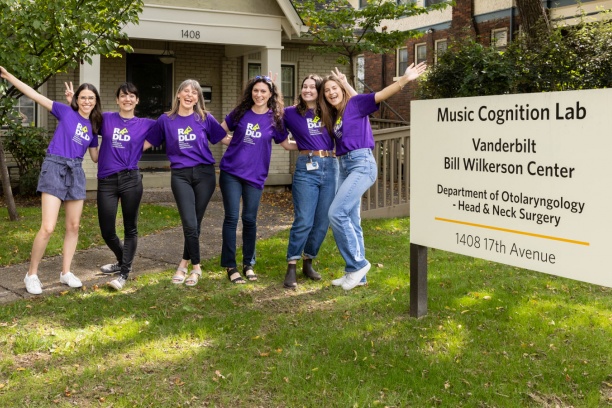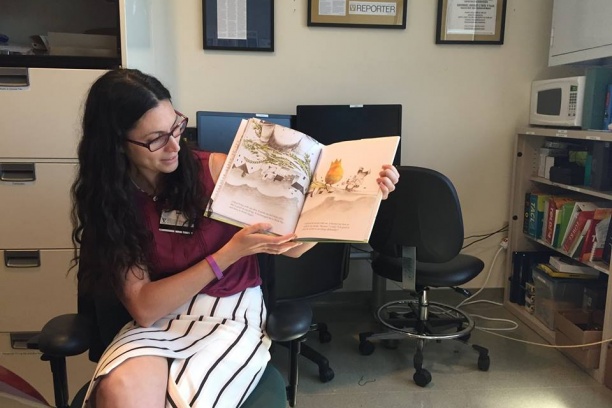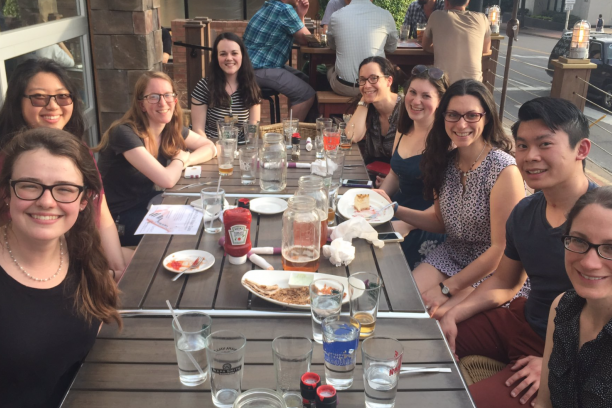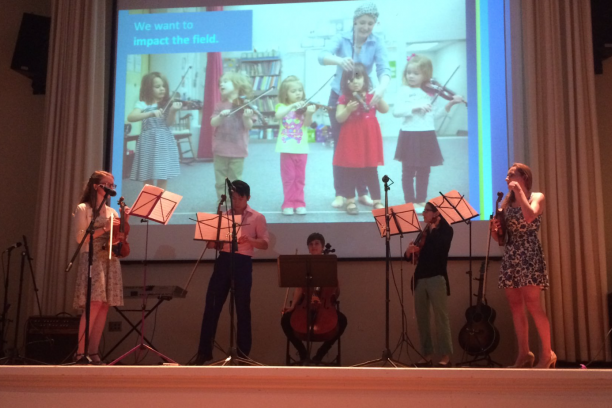About Us
Welcome to the Vanderbilt Music Cognition Lab! The lab is focused on the relationship between music, language, and social development. We facilitate the exchange of ideas between graduate students, undergraduate students, and faculty members in the areas of neuroscience, psychology, education, audiology, speech-language pathology, medicine, music, and engineering. Our lab employs a variety of behavioral and physiological methods in our research, including electroencephalography, eye-tracking, speech analysis, neuroimaging, genetics, behavioral coding, and various standardized and experimental assessment measures.
Lab Leadership: The Music Cognition Lab is Co-Directed by Dr. Reyna Gordon, Dr. Miriam Lense, and Dr. Srishti Nayak.
Dr. Reyna Gordon, PhD leads our Rhythm, Language & Genetics (RLG) Group, an interdisciplinary team focused on exploring the role of rhythm in language development and disorders from behavioral, cognitive, neural, and genetic perspectives. This group's research examines the relationship between rhythm and grammar skills in typical development and developmental language disorder, the neural mechanisms underlying rhythm and grammar skills, the genetics of language disorders, and how musical training can improve language skills.
Miriam Lense, PhD leads our Music, Social Engagement, & Development (MSED) Group. This group's research is focused on the development of rhythmic entrainment and the relationships between music and social communication and engagement in individuals with and without developmental disorders. Research themes include the role of rhythm in social communication and engagement, modulation of emotion and social connection via musical experiences, parent-child musical interaction experiences, and atypical sensory processing and musical engagement in individuals with developmental disorders, particularly Autism Spectrum Disorder (ASD) and Williams syndrome.
Srishti Nayak, PhD leads our Behavior, Health, Speech, and Hearing (BHaSHa) Group. This group uses a combination of computational (big data) and human participants (lab-based) approaches to investigate questions such as: which musicality-related factors are most relevant for hearing outcomes in aging? How can we leverage (neuro)biological connections between musicality and communication-related abilities to better understand conditions related to speech, language, and hearing? Can understanding individual differences in cognitive, musicality, or language skills help predict brain health and neurodegeneration?
